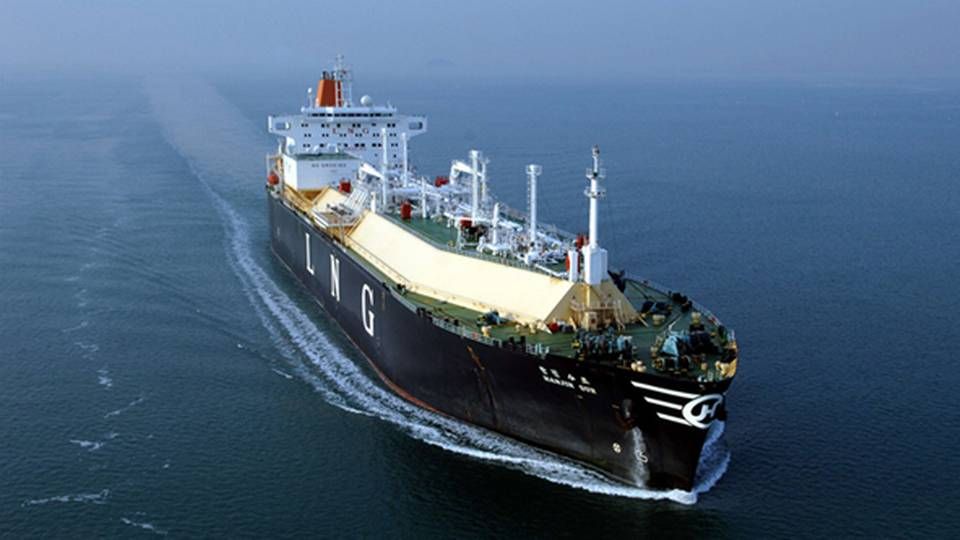DNV to shipowners: Change to LNG now

SINGAPORE: Shipping companies should face facts and make a decision on how to best meet new requirements from the IMO concerning a reduction of the sulphur content in marine fuel to 0.5 % in 2020. That is the brief message to shipowners from Henning Mohn, who is in charge of the Section for Maritime Advisory, Clean Technology Centre in Det Norske Veritas (DNV).
“They are at a crossroads now, so the time has come to plan and react. Danish shipowners should not wait – they should take action now,” Norway’s Henning Mohn says in an interview with Shippingwatch the day before he is due to give a talk on the subject at Asia’s largest shipping conference, Sea Asia.
Mohn stresses that the most profitable solution is to convert to LNG:
“If you want to make it easy, you can choose to switch to a diesel type with lower sulphur content. But it will also be the most expensive solution in the long run, especially because the price of diesel is bound to go up. The great advantage of choosing LNG is that it will be cheapest in the long run. Moreover, it will result in the cleanest system.”
Easier said than done
But Henning Mohn admits that it is easier said than done.
“Shipping companies will save many dollars from day one following an investment in LNG. Unfortunately, the problem is often a lack of funding.”
Casting a glance at the global shipping market, you could divide it in to three in terms of LNG: Northern Europe, North America, and Asia and the rest of the world.
In North America LNG is a no brainer, as Henning Mohn puts it, as LNG is very cheap there.
In Northern Europe Norway is far along, due in part to financial support for the shipping companies from a fund, while the Netherlands and Belgium are preparing for LNG vessels, helped along by Shell Oil – a first-mover in the area.
But, generally speaking, European shipping companies should unite and pose demands to suppliers, according to Henning Mohn.
“Shipping companies do not really understand the LNG market – it is new to them. Were they to unite and speak in one collective voice, the major gas companies would see a commercial interest in LNG bunkering. At present there are merely one-on-one dialogues and then it is simply not interesting enough to gas producers,” Henning Mohn explains, adding:
“If, for example, five major players were to join forces, say, with a Chinese shipping company – which already plans to use gas for ships, as well as in-land transport – it would definitely push things in motion.”
LNG ports the way to go
And the push needs to happen now, due in part to increased pressure from the EU and support for IMO’a emission controlled zones. Consequently, it is only natural that EU reaches out its hand to a troubled industry by establishing LNG ports in 139 places, Henning Mohn believes.
“It is the right thing to do. The industry is in troubled waters, so it makes sense that EU helps out.”
In Asia and the rest of the world, however, there are no signs of change, as LNG prices are high and authorities do not push for the change.
“Asian shipowners with routes to the US and EU will have to meet coming emission requirements. But, of course, if you only operate within Asia it is not a top priority.”
And because IMO’s requirements do not apply globally, conventional vessels will probably be re-distributed on the world’s oceans – away from the control zones:
“We will see an asset war and many considerations regarding how long to hold on to a specific vessel. The vessels will be moved all over the world, as the industry waits for rates to go up, so all the tonnage being built now can be utilized,” Henning Mohn points out.
He also reminds that shipping companies only have five, or maximum ten, years to adapt to the changing times:
“It is a challenging time, but all types of shipping companies should be open to this technology now and prepare for the new emission requirements.”
Henning Mohn’s comments follow the first ever LNG shipment to Singapore’s new LNG terminal at the close of the month of March.


















